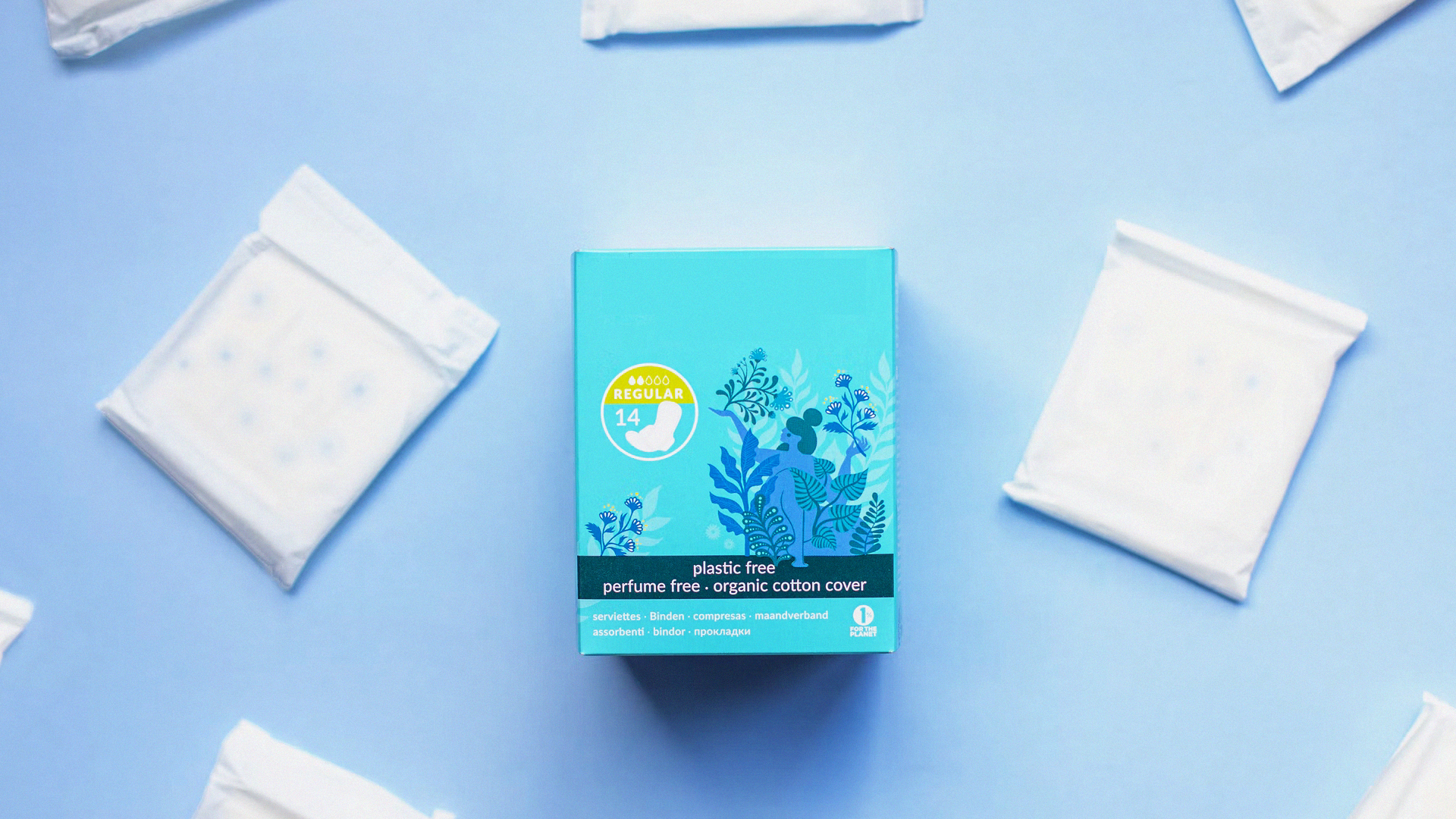The Malawian government has cut the 16.5% tax on sanitary pads to make them more accessible and affordable as part of a mission to end period poverty.
Approximately 80% of Malawians live in rural areas of the country.
With such a large portion of the population based in rural areas, most girls have little to no access to sanitary pads and those who do are considered to be in a privileged position.
Earlier this week, the government announced it would be cutting its 16.5% tax on sanitary wares to enable more accessibility and affordability of these products.
Making the announcement, the Finance Minister Sosten Gwengwe said, ‘in the spirit of promoting girl child education, the government has listened to the contributions that came from various stakeholders and has consequently removed duty and excise tax on sanitary pads.’ This change will take effect from the beginning of April.
The announcement was welcomed by both national and international rights groups. The AIDS Healthcare Foundation (AHF), which has been advocating for free sanitary pads issuance across Africa, applauded Malawi for its step to cut the tax to promote the well-being of a girl child.
In 2021, the organisation orchestrated a campaign across Malawi known as ‘A Necessity, Not a Luxury’ and donated 5 million sanitary pads.




















